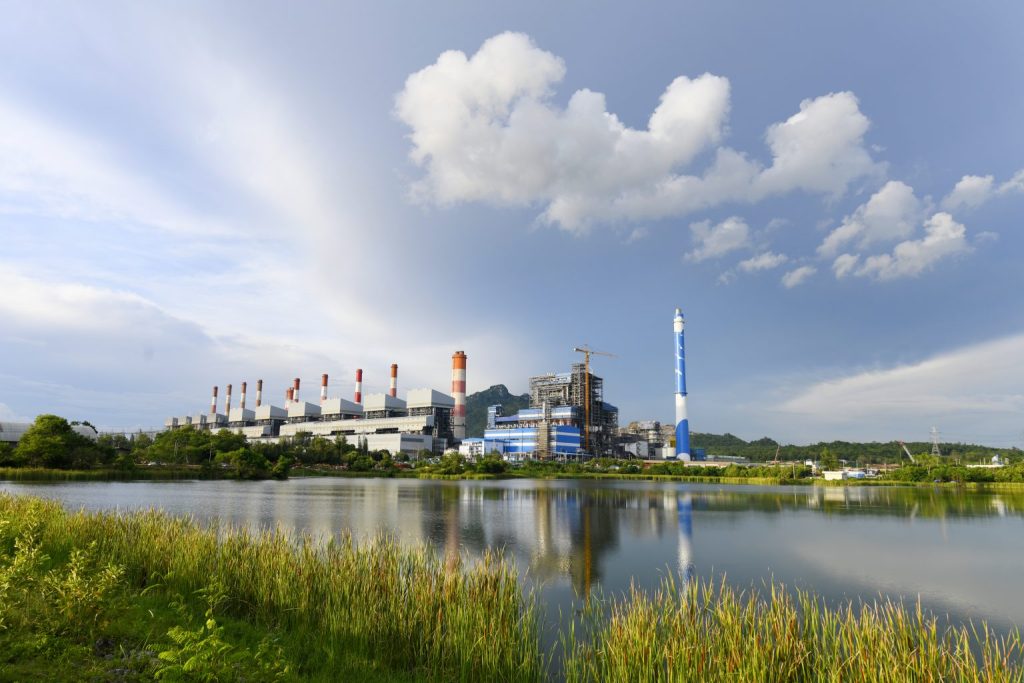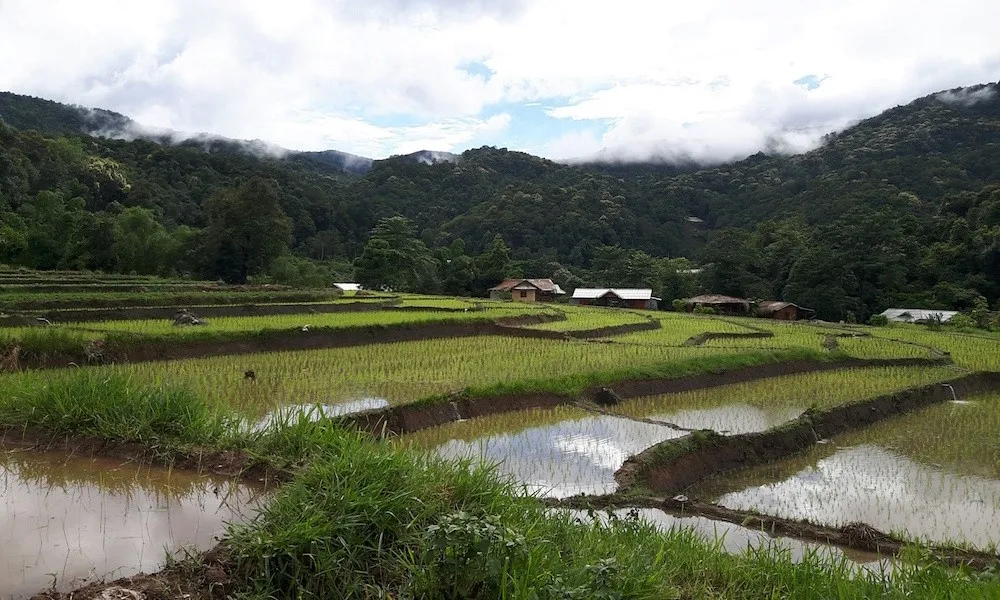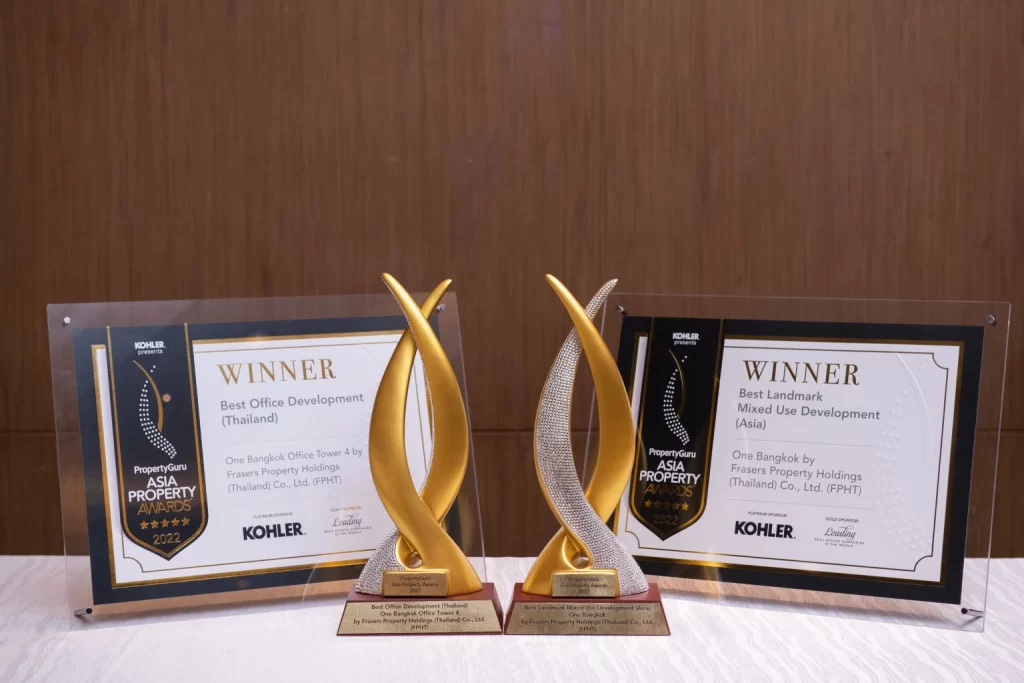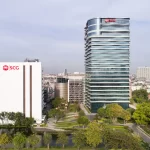Thailand has been actively participating in the carbon credits market to reduce greenhouse gas emissions and mitigate the effects of climate change. The country has implemented various renewable energy and energy efficiency projects, which have earned carbon credits under the United Nations Framework Convention on Climate Change’s Clean Development Mechanism (CDM).But there are also concerns about their effectiveness and potential negative impacts. In this article, we’ll take a closer look at some of the carbon credit projects in Thailand, including those in agriculture, hospitality, and real estate.
Renewable Energy Projects
One of the main areas of focus for carbon credit projects in Thailand has been renewable energy. The country has significant potential for renewable energy, particularly solar and wind power, and has implemented several projects to take advantage of this. The Mae Moh Solar Farm, located in Lampang province, harnesses solar power to generate clean electricity, thereby avoiding emissions that conventional power plants would produce.

Energy Efficiency Projects
Another area of focus for carbon credit projects in Thailand has been energy efficiency. These projects aim to reduce energy consumption and thereby reduce greenhouse gas emissions. The Bangkok Landfill Gas Capture and Flare Project is one such example. The project captures methane gas produced by a landfill site in Bangkok and flares it, thereby avoiding emissions that would have been produced by the gas if it had been released into the atmosphere.
Agriculture Projects
Carbon credits can also be earned through projects in the agriculture sector. In Thailand, the Chiang Rai Green Chiangmai Paddy Field project is a prime example. By adopting sustainable rice cultivation practices, the project reduces greenhouse gas emissions and improves the livelihoods of local farmers.

Hospitality Projects
The Bangkok hospitality industry has been embracing sustainable practices, with a particular focus on reducing energy consumption and waste. One such example is the Bangkok Marriott Marquis Queen’s Park Hotel, which has earned carbon credits by implementing waste reduction measures, installing energy-efficient equipment, and supporting community-based conservation initiatives. As reported by Timeout Bangkok, the hotel has successfully reduced 27.4 tons of food waste, contributing to its efforts in sustainable waste management.
Real Estate Projects
Thailand’s real estate industry is making strides towards sustainability by incorporating carbon credit projects. One such example is the One Bangkok development, which has successfully earned carbon credits for its energy-efficient design and operations, along with the inclusion of green spaces and support for public transportation.

The Way Forward
Carbon credits have the potential to reduce greenhouse gas emissions and mitigate the effects of climate change. However, concerns about their effectiveness, transparency, and potential for greenwashing persist. As the world continues to grapple with the effects of climate change, the use of carbon credits is likely to remain an important strategy for reducing greenhouse gas emissions and mitigating their effects. It is important for the carbon credits market to be transparent and accountable to ensure that projects are legitimate and contribute to real emission reductions. The question remains: What more can Thailand and the world do to ensure that carbon credits fulfill their potential to reduce greenhouse gas emissions and slow the effects of climate change?









